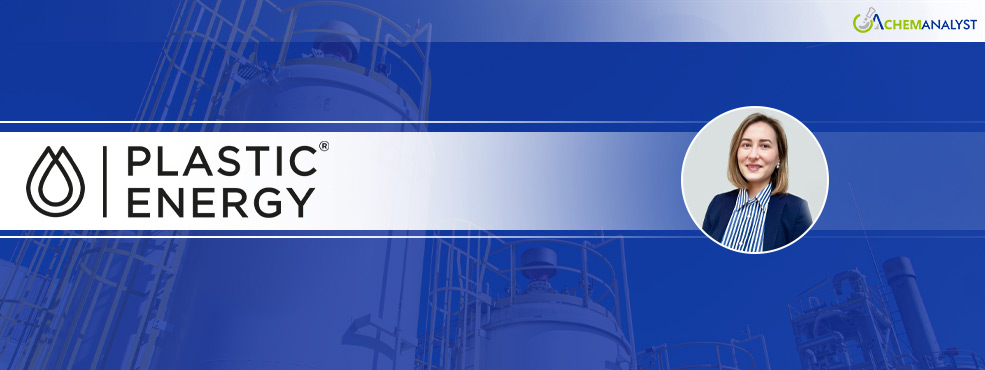Welcome To ChemAnalyst

Plastic Energy's latest Life Cycle Assessment (LCA), conducted by Sphera, a provider of Enterprise Sustainability Management solutions, reveals that its proprietary chemical recycling technology reduces CO2 emissions by up to 78% compared to incineration with energy recovery, the current standard for flexible plastic waste disposal across Europe. The study further indicates that CO2 savings can reach an impressive 89% under a scenario of 100% renewable electricity and grid decarbonization in the EU.
This LCA, which updates and expands upon Plastic Energy’s initial 2020 study, evaluates the environmental impact of various waste management approaches for hard-to-recycle plastics. It compares emissions generated across the lifecycle of these materials in scenarios including recycling via Plastic Energy’s TAC™ process, incineration, and landfill.
Adela Putinelu, Plastic Energy’s Head of Policy and Sustainability, emphasized the importance of this study for the company and the wider chemical recycling industry. “Sharing this second LCA is a significant milestone. It allows us to quantify the environmental benefits of our technology and demonstrates its contribution to reducing emissions, advancing circularity, and minimizing waste for hard-to-recycle plastics,” she stated.
Plastic Energy’s proprietary TAC™ recycling technology transforms post-consumer flexible plastic packaging, which would otherwise end up in incinerators or landfills, into a recycled oil known as TACOIL™. This oil is then used as an alternative feedstock to replace fossil oils in the production of new plastics. By doing so, the process simultaneously serves as a waste reduction solution and a source of new raw materials for the chemical industry.
The study underscores the dual benefits of the TAC™ process, both as a sustainable method for managing plastic waste and as a viable recycling technology that produces valuable resources. Putinelu noted, “This study demonstrates the potential of our TAC™ process as a well-established chemical recycling technology that provides a valuable alternative feedstock for the chemical industry while offering an innovative pathway for waste management.”
Plastic Energy’s findings are particularly relevant in light of growing global concerns over plastic waste and greenhouse gas emissions. The company’s focus on sustainable innovation aligns with the European Union’s push for circular economy practices and renewable energy adoption.
As the chemical recycling sector continues to evolve, Plastic Energy’s advancements in emissions reduction and resource recovery represent a significant step forward in tackling the environmental challenges posed by hard-to-recycle plastics. This study reinforces the critical role of technologies like TAC™ in shaping a more sustainable future for the plastics industry.
Plastic Energy is a global pioneer in chemical recycling, providing innovative and sustainable solutions to tackle plastic waste by transforming previously non-recyclable materials into valuable resources. The company’s patented and proven TAC™ chemical recycling technology converts end-of-life plastic waste into TACOIL™, an optimal feedstock for producing virgin-quality recycled plastics.
Plastic Energy operates two fully operational chemical recycling plants in Spain and is among the few companies worldwide that have successfully sold recycled oils derived from end-of-life plastic waste to replace fossil oils in the production of new plastics. With its cutting-edge approach, the company is at the forefront of driving the transition to a low-carbon, circular economy for plastics.
We use cookies to deliver the best possible experience on our website. To learn more, visit our Privacy Policy. By continuing to use this site or by closing this box, you consent to our use of cookies. More info.
